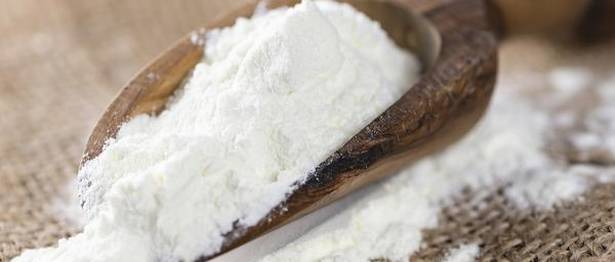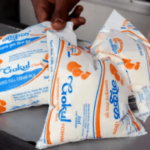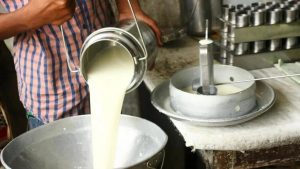
With skimmed milk powder (SMP) prices starting to cool off from their recent peak, an anticipated onset of flush in the southern States by mid-March is believed to ease the supply tension of milk during the summer season.
SMP prices in the domestic market have recently fallen to ₹310 a kg from the peak of ₹330-340 a kg seen in December-January. This is primarily attributed to the onset of the flush season (increased lactation of the milch animal) in the northern States. Also, experts believe the flush season in the key SMP producing regions of Maharashtra, Karnataka and Tamil Nadu is likely to set in by mid-March.
“We believe in another one week or so, the flush will start in southern States and then we will have abundant milk supplies. The delay in flush is because there was a delay in the withdrawal of the rainy season with waterlogged fields in many parts. It is believed that North India has already started receiving flush, which is helping to ease the supplies,” said RG Chandramogan, veteran dairy expert and Chairman of Hatsun Agro.
Chandramogan added that following good rainfall in the milk producing States, the water table has improved, leading to better availability of green fodder.
Procurement improves
Ramsinh Parmar, Chairman of Gujarat Cooperative Milk Marketing Federation (GCMMF), told BusinessLine that there was a delay in peak milk production due to the extended monsoon. But the dairy cooperatives associated with GCMMF have now started reporting increase in milk procurement.
“The milk procurement is gradually improving and there are no issues on the supply side. All the worries over shortage are gone. We will be able to meet the milk requirements as time goes by,” Parmar said.
In its recent report, Crisil said the flush season that usually begins in November-December is estimated to have shifted by 1-2 months because of the extended monsoon. So milk production is expected to pick up from this month, which would limit any further fall (in milk production) this fiscal. Crisil has estimated this year’s milk production to be lower by 5-6 per cent over last year, at about 176 million tonnes.
Notably, in an unusual turn of events, the country’s dairy sector had witnessed 7-8 per cent dip in peak-season procurement this winter, raising concerns in the government. The decline in procurement triggered a price rise by dairy cooperatives and private players, including Amul and Mother Dairy.
Shortage worries
The consuming sectors, led by the ice cream industry, had raised concerns over possible milk shortages during the peak summer season as the procurement had fallen, pushing up the SMP prices to record levels. SMP is consumed by ice-cream makers, besides other food industry, as a key ingredient.
The industry had represented to the Centre to allow strategic imports to meet the possible shortage. Interestingly, the SMP prices in the global markets have also cooled off sharply since its peak in December. As quoted by Global Dairy Trade, SMP prices were quoted at $2,840 a tonne on February 18, which is about $200 down from $3,068 reported on December 6. The dairy federations are vociferously opposing the idea of SMP imports citing a blow to milk producers’ interests.
Output forecast
However, Crisil estimated that in fiscal 2021, milk production is expected to pick up, given the abundant water levels in reservoirs and expectations of a normal monsoon. That should arrest any further rise in milk prices.
Milk price inflation last hit double digits in 2011-12 and the then government at the Centre allowed strategic imports to arrest surging prices and ease the pressure.
“But this time, the opportunity to import SMP is already gone. There was a time when the import could have helped tame the price rise of SMP. The government didn’t act then. So, now if the government allows import, by the time imported SMP shipments land on Indian soil, we will have flush of our own local SMP. This will do more harm than good,” said a dairy sector source.

















